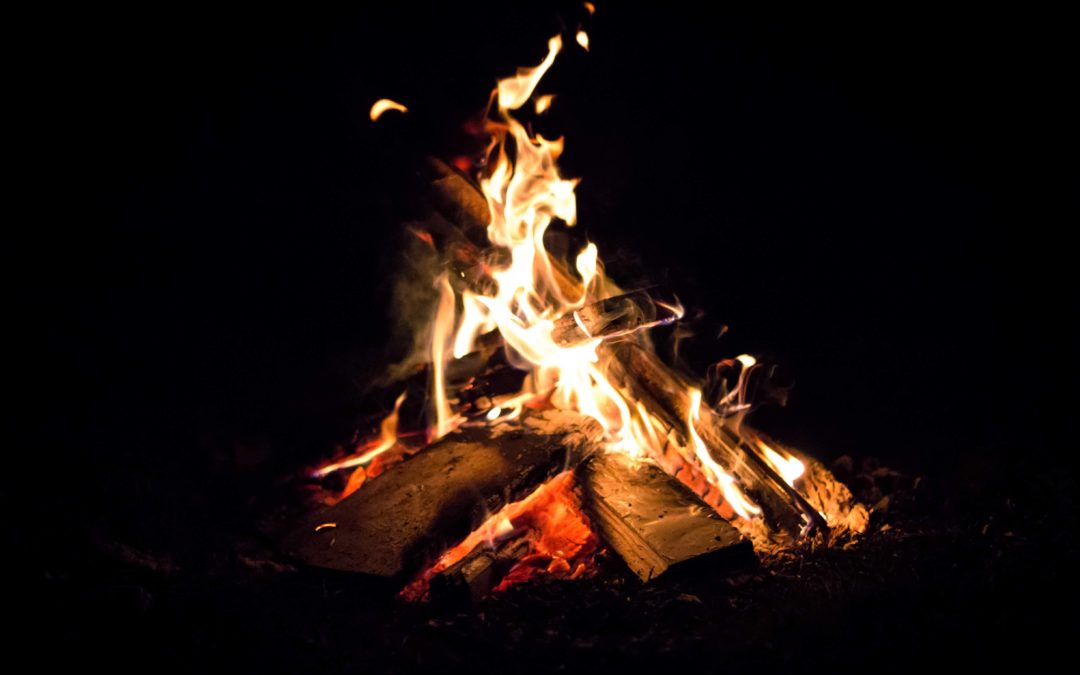I’ve been writing young adult fiction for a number of years, and because of it I’ve been thinking about the flaws, failures, and virtues of the characters in the novels. I have realized in a fresh way that one of the traditional attributes my characters have to give evidence of in order to succeed in their most challenging moments is something I think about as “moral courage.”
What is moral courage?
Courage is the willingness to act in spite of the danger. The danger can be physical, economic, or emotional, such as the prospect of social shaming or personal rejection. Anyone who’s taken an unpopular stand on an important issue knows what it’s like – especially in this day of social media – to be attacked or vilified for an honestly held opinion.
Moral courage is the willingness to do the right thing in the face of any of the threats given above, whether physical, social, or emotional.
Moral Courage in Babylon
Daniel 3 points to three Hebrew young men who were exiled in Babylon. They were deported there in the late 7th century BC when the forces of Nebuchadnezzar began to overwhelm Judah. Initially, things went well for these three young men. They were trained in the language, literature, and laws of the Babylonians, and they were made high-level administrators. But due to a conspiracy by political opponents who were jealous of their administrative responsibilities and status, they were caught in a plot. They refused to bow down to a golden image set up by the Babylonian king at the encouragement of those who conspired against them.
They were given the opportunity to reverse course and bow down to the pagan image under threat of a painful death, but they knew that worshipping another God would be false and wrong. The God they worshipped, the God of Israel, was the one true creator God of all the world — the physical earth and all its nations and peoples. They would be false to everything they believed if they fell down before the gaudy pagan statue made by human hands.
We no doubt remember the story of the three Hebrew young men in the fiery furnace because they were spectacularly rescued by the power of God from the flames, coming out unscathed.
But the key point in the story is before the miracle. While the young men knew that their God could rescue them from the danger of the fiery furnace, they did not know if he would. And yet they said, “Even if he doesn’t, we still won’t worship your image.”
That’s moral courage. Doing the right thing, the moral thing, in the face of great danger to yourself.
Moral Courage in Our Lives
At this time in our history, we don’t necessarily face physical danger if we make an unpopular decision. As far as I know, there is no threat of fiery furnaces when we disagree with the leaders of our land. However, economic concerns and social pressures can be “dangers” that take courage to withstand.
Public opinion, amplified by social media, puts pressure on everyone. The forces of political correctness, going along with the crowd, following commonly believed ideas even without evidence, submitting to popular opinions in everyday conversation, and other forms of bowing to peer pressure require moral courage from all of us.
May God give us the strength and courage to stand humbly faithful for all that we know is good and right and true. No matter the cost.
Blog edited by Joannah Buffington
